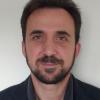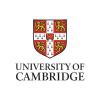Thoracic Programme : Steering Committee
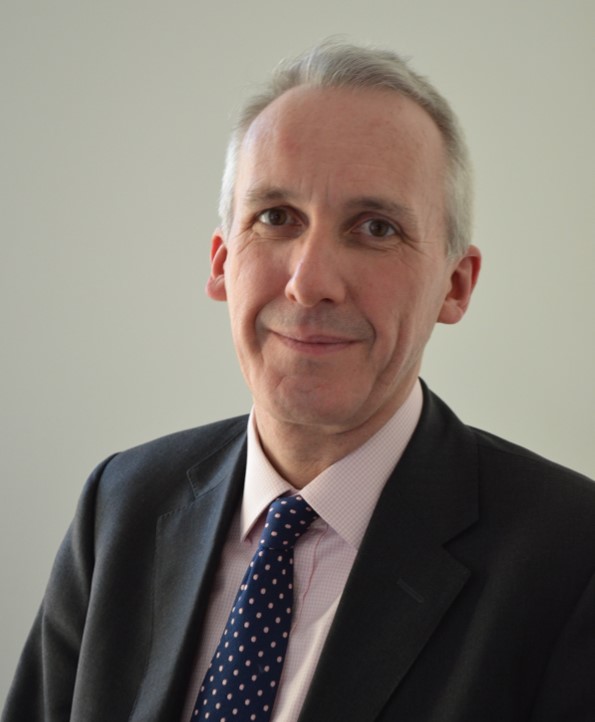
Consultant Physician
Co-lead, Thoracic Cancer Programme
Robert Rintoul is Professor of Thoracic Oncology in the Department of Oncology, University of Cambridge and Honorary Consultant Respiratory Physician, Royal Papworth Hospital. He trained in respiratory medicine in London and Edinburgh receiving his doctorate from the University of Edinburgh for work investigating mechanisms underlying resistance to chemotherapy in small cell lung cancer. He was appointed consultant in respiratory medicine specialising in thoracic oncology at Royal Papworth Hospital in 2005 before moving into the University of Cambridge in 2017. Professor Rintoul is lead clinician for cancer at Royal Papworth Hospital and Director of the Papworth Trials Unit Collaboration. He is co-lead of the CRUK Cambridge Centre Thoracic Cancer Programme and facilitates thoracic oncology research across Cambridge.
Professor Rintoul’s research is focused around clinical trials, translational research and tissue banking in malignant mesothelioma and the early detection of lung cancer. He is Chief Investigator for several clinical translational studies examining biomarkers in lung cancer. In 2014 he founded Mesobank, the UK national bioresource for malignant mesothelioma (www.mesobank.com). His work is funded by the Cambridge Biomedical Research Centre, Cancer Research UK, National Institute for Health Research and Asthma and Lung UK.
He is a member of the Roy Castle Lung Cancer Clinical Expert Group and is currently Chair of the Clinical Advisory Group of the UK Lung Cancer Coalition.
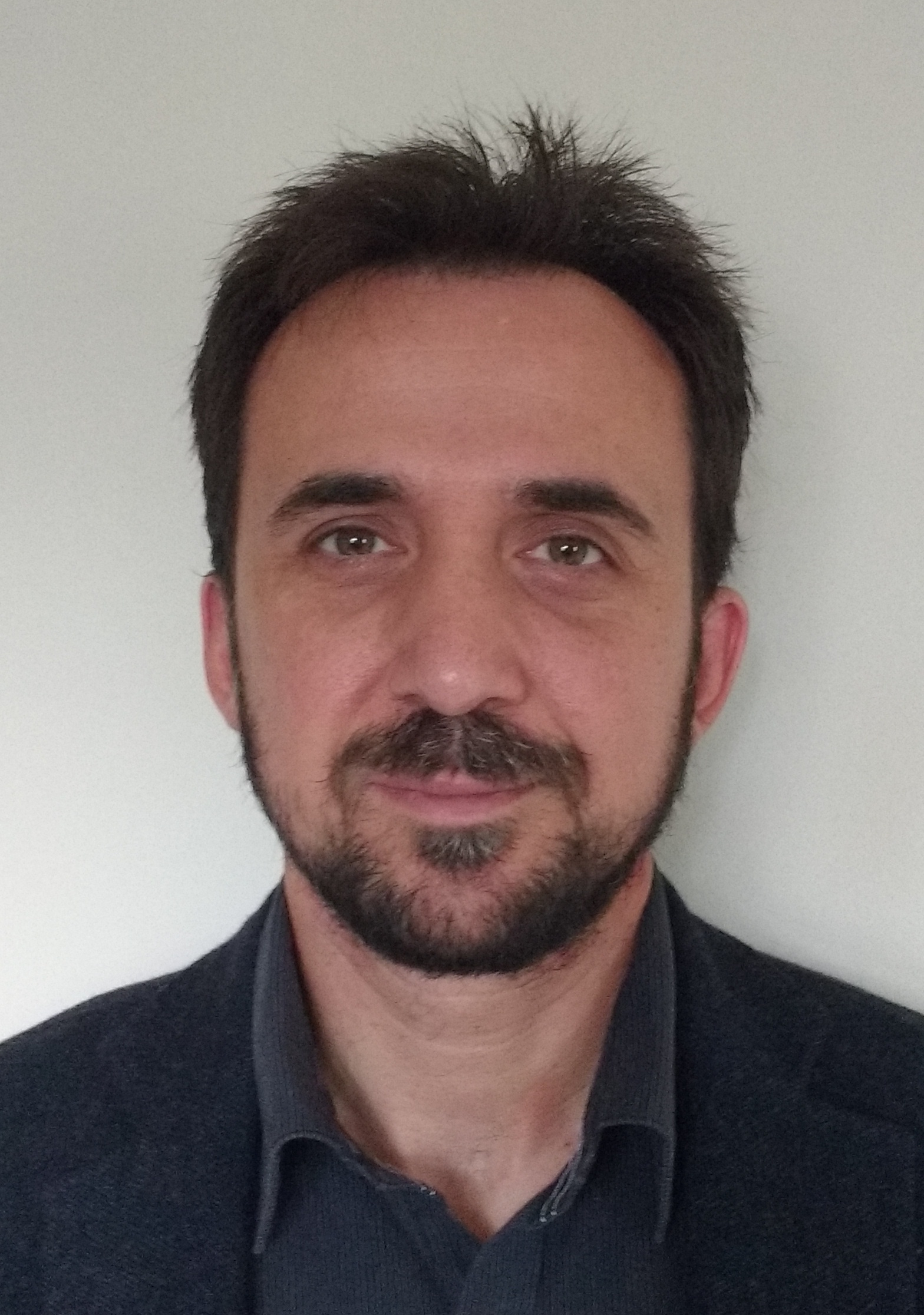
Co-lead, Thoracic Cancer Programme
Daniel Muñoz-Espín studied Biology and Molecular Biology at the Autonomous University of Madrid in Spain, where he also completed his PhD with cum laude honours within the Viral DNA Replication Group at the Centre of Molecular Biology Severo Ochoa (CMBSO), under the supervision of Dr Margarita Salas. During his PhD he also worked at Sir William Dunn School of Pathology (University of Oxford, UK) as a visiting student. He was then awarded an I3P Fellowship followed by a Spanish National Research Council Fellowship to conduct postdoctoral research on DNA replication, resulting in several first- and/or corresponding authored papers (including 5 PNAS, The EMBO Journal and 3 Journal of Biological Chemistry). Based on his research, a patent was filed on a novel gene delivery system to Sygnis AG Pharma (2013). He then moved to the Spanish National Cancer Research Centre (CNIO) to Dr Manuel Serrano’s group, where his main work, published in Cell and Nature Reviews Molecular Cell Biology, culminated with two awarded grants: a “Ramon y Cajal Programme Senior Grant” and a “National Programme Grant for Researched Aimed at the H2020 Societal Changes”.
In 2016, Dr Muñoz-Espín joined the Department of Oncology at the University of Cambridge as a Senior Research Associate and Principal Investigator as part of the Cancer Early Detection Programme of the Cambridge Cancer Centre. Some of his current funding sources include an MRC New Investigator Research Grant, a Royal Society Research Grant, a CRUK-OHSU Early Detection Grant, and a CRUK Programme Foundation Award. The experimental outputs of Muñoz-Espín´s lab have been published in EMBO Molecular Medicine and Aging Cell, among other peer-reviewed journals. Dr Muñoz-Espín is Co-Director of the CRUK Cambridge Centre Thoracic Cancer Programme, member of the Cambridge Philosophical Society and member of the International Cellular Senescence Association Steering Committee.
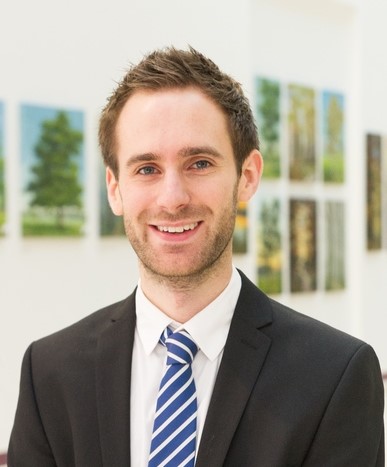
Clinical Lecturer
Early Cancer Institute & RadNet
I am a Clinical Lecturer based within the Fitzgerald Laboratory at the Early Cancer Institute and I am funded by Cancer Research UK (CRUK) RadNet Cambridge. I am interested in the radiation-based management of oesophageal cancers. In particular, my work focuses on understanding how different subtypes of oesophageal cancer respond to radiotherapy and has a longer-term aim of developing novel radiosensitising drug-radiotherapy combinations. This includes evaluating tumour evolution in response to radiotherapy as part of the CRUK-funded SIEVERT study I have established with collaborators at University College London. I am also interested in finding new ways to monitor for recurrence in patients who have received oesophageal radiotherapy. Outside of the lab, I am part of the Trial Management Group for two national oesophageal radiotherapy trials. I additionally have a longstanding interest in supporting the development of clinical academics in clinical oncology and have established a number of national initiatives relating to this, including the National Oncology Trainees Collaborative for Healthcare Research (NOTCH) and the Royal College of Radiologists' Summer Undergraduate Research Fellowship.
Associate Professor in Stem Cell Medicine
Wellcome Trust Senior Research Fellow
Wellcome – MRC Cambridge Stem Cell Institute
Department of Physiology, Development, and Neuroscience
University of Cambridge
Joo-Hyeon Lee is an Associate Professor in Stem Cell Medicine, a Wellcome Senior Research Fellow at the Wellcome – MRC Cambridge Stem Cell Institute, and an affiliated faculty member at the Dept of Physiology, Development, and Neuroscience, University of Cambridge. Her research interests focus on understanding the mechanisms of stem cell fate regulation. Her lab particularly studies how stem cells sense environmental changes and determine their cell fate, and how niches develop and remodel the local environment during lung homeostasis, regeneration and the early stages of disease progression. Her group develops the state-of-the art technologies, including in vitro 3D human lung organoids and in vivo genetic labelling models, and employs computational analyses of single cell multi-omics and clonal biophysical modelling to map lineage hierarchy and stem-niche interactions at the single cell level.
Joo-Hyeon received a Wellcome Trust Sir Henry Dale Fellowship, an ERC starting grant, a Suh Kyoungbae Foundation Young Investigator award, and a Wellcome Senior Research Fellowship.
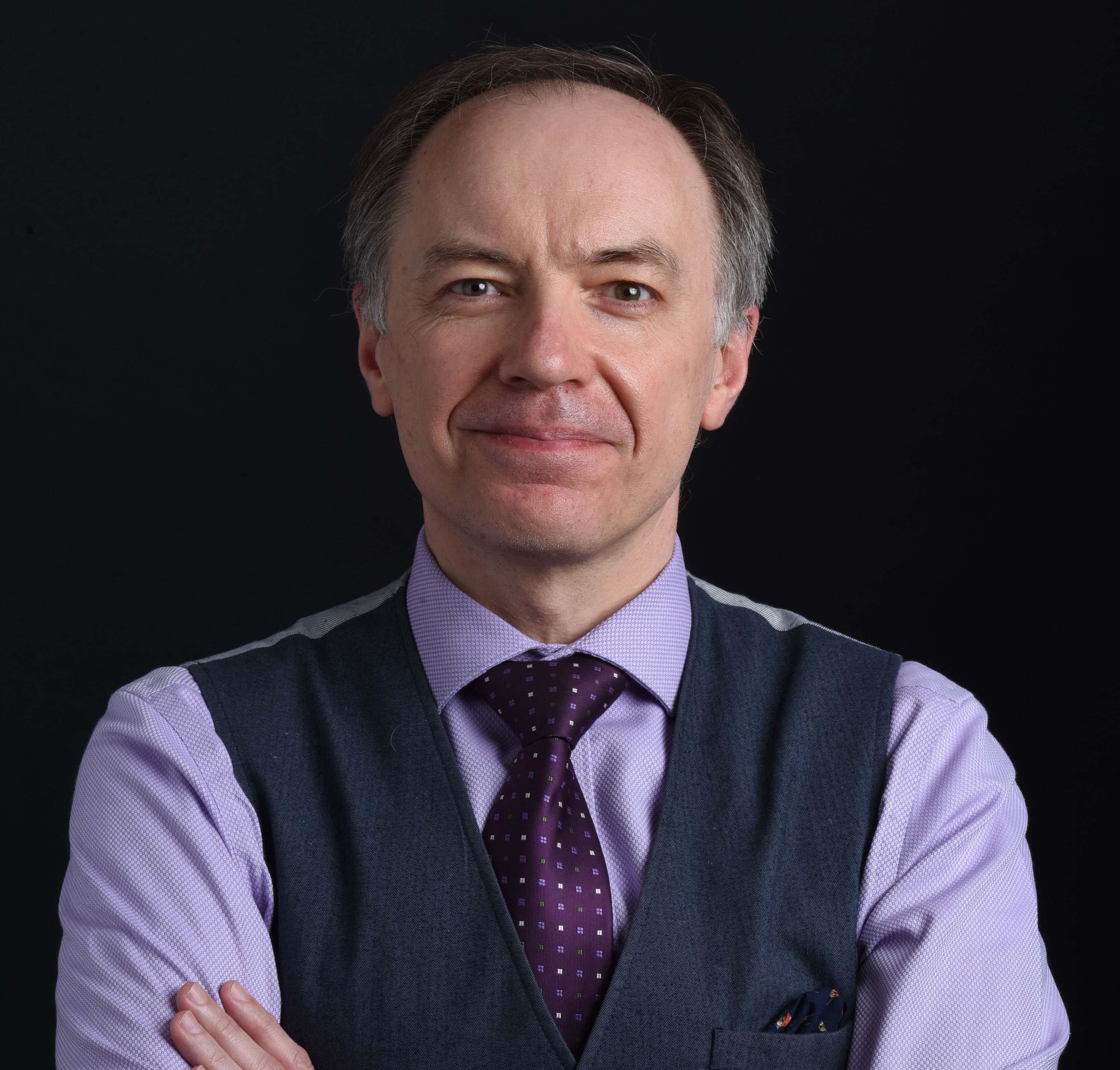
Professor Stefan Marciniak
Cambridge Institute for Medical Research (CIMR)
Department of Medicine
Honorary Consultant
Royal Papworth Hospital
Addenbrooke’s Hospital
Stefan studied medicine at the University of Cambridge as part of its MB/PhD Programme. After medical posts in Cambridge, London and Edinburgh, he undertook post-doctoral research in New York University. He established his research group at the Cambridge Institute for Medical Research (CIMR) as an MRC Senior Clinical Research Fellow in 2012. He is now Professor of Respiratory Science at the University of Cambridge and a Consultant Respiratory Physician at Addenbrooke’s and Royal Papworth Hospitals. His laboratory team studies the fundamental biology of stress signalling in lung diseases including mesothelioma. His clinical research focuses on pleural medicine, especially the genetics of pneumothorax. He directs the NHS Rare Disease Collaborative Network (RDCN) in Familial Pneumothorax, is a clinical lead within the NIHR Respiratory Translational Research Collaborative, and leads on Familial Pneumothorax within the Genomics England Clinical Interpretation Group (GeCIP). He teaches medical students as a Professorial Fellow at St Catharine’s College, Cambridge, and is director of the Cambridge MB/PhD Programme.
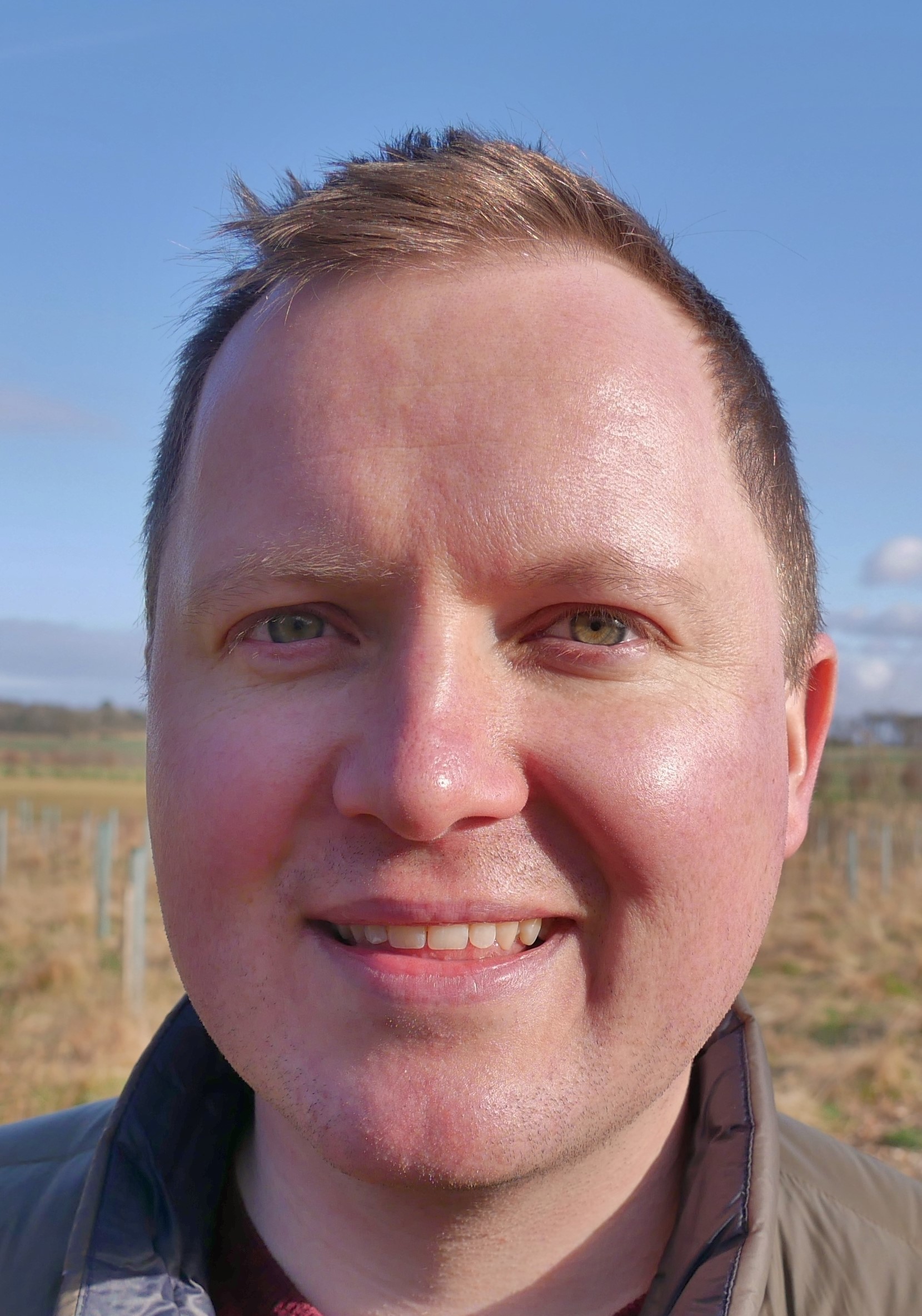
MB ChB (Hons) PhD FRCSEd
Consultant Upper Gastrointestinal Surgeon & Research Lead, Cambridge Oesophago-Gastric Centre, Addenbrookes, Cambridge
Visiting Researcher, Early Cancer Institute, University of Cambridge
Honorary Clinical Senior Lecturer, University of Edinburgh
Rob’s clinical and research interests span oeosophagogastric cancer and benign upper GI disease. He trained as a clinical academic in the South-East of Scotland completing a PhD and clinical lectureship with the University of Edinburgh. He completed his clinical training with fellowships in Cambridge and Utrecht and was appointed as a Consultant in 2020. His current research work includes both clinical and translational research in advanced oesophageal cancer and early detection for oesophageal and gastric cancer. As current Association of Upper GI Surgery (AUGIS) Council Representative for East Anglia he is keen to support trainees and colleagues with an interest in Upper GI disease.
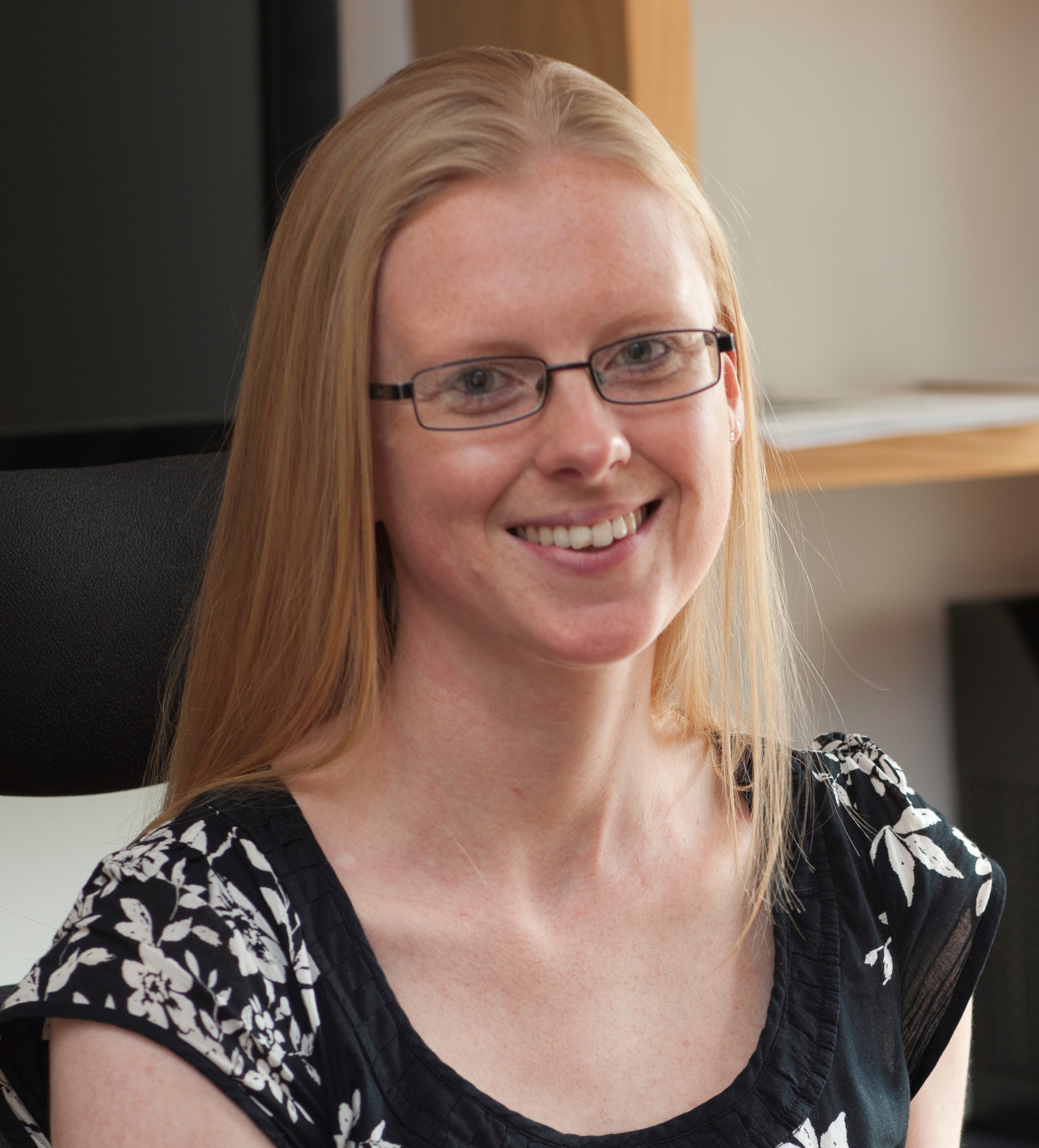
My PhD and research since has predominantly focused on how best to personalise cancer therapy by using a combination of prognostic and predictive biomarkers to guide the management of individual patients, including the use of targeted therapies.
I completed my undergraduate Medical studies at the University of Cambridge followed by Foundation training on the Academic Foundation Programme at Addenbrooke’s Hospital in Cambridge. I have subspecialised in Histopathology and completed my training, including an Academic Clinical Fellowship, at Addenbrooke’s Hospital and Royal Papworth Hospital before being appointed to a Consultant post at Addenbrooke’s Hospital in 2018.
.
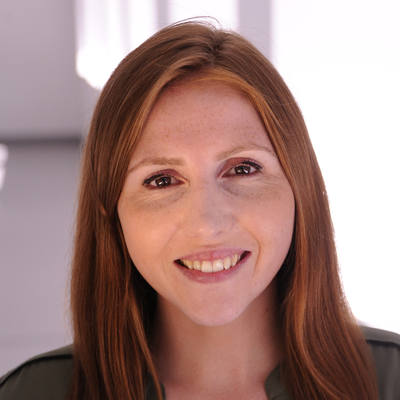
Hayley is a Director in the Genomic Sciences organisation of GSK where she is responsible for the scientific delivery of key UK strategic collaborations. This includes driving GSK interests as a member of external collaboration governance teams, and ensuring GSK gets the maximum impact and value from such partnerships. Hayley also spends some of her time in the Genome Biology team developing strategies for implementation of complex translational cell models for target identification efforts.
Prior to GSK, Hayley was a Principal Staff Scientist in the Translational Cancer Genomics group at the Wellcome Sanger Institute. Hayley led and delivered complex, big data scientific projects at the Sanger, which included establishing consortiums with the NHS, research institutes, charities and pharma to derive, characterise, scale and perturb large numbers of patient-derived cancer organoid models to identify novel cancer therapies/targets as well as genetic biomarkers of drug response. Hayley was the project lead for the Sanger Institute’s contribution to the international Human Cancer Models Initiative which aims to create a new cancer cell model resource, and was also on the leadership team of the Sanger Institutes Cancer Dependency Map initiative.














